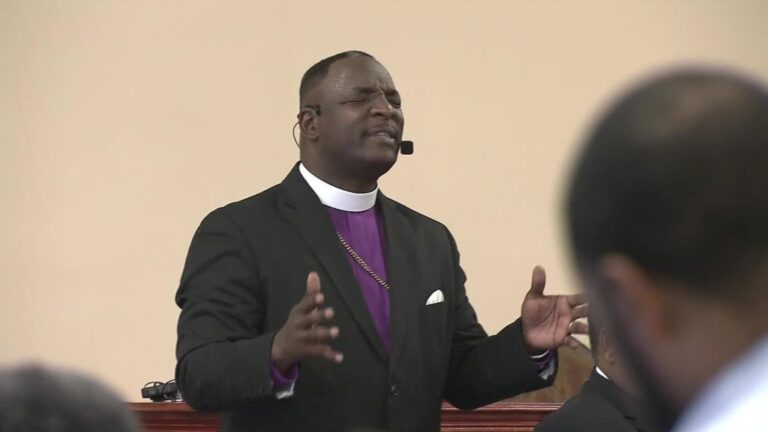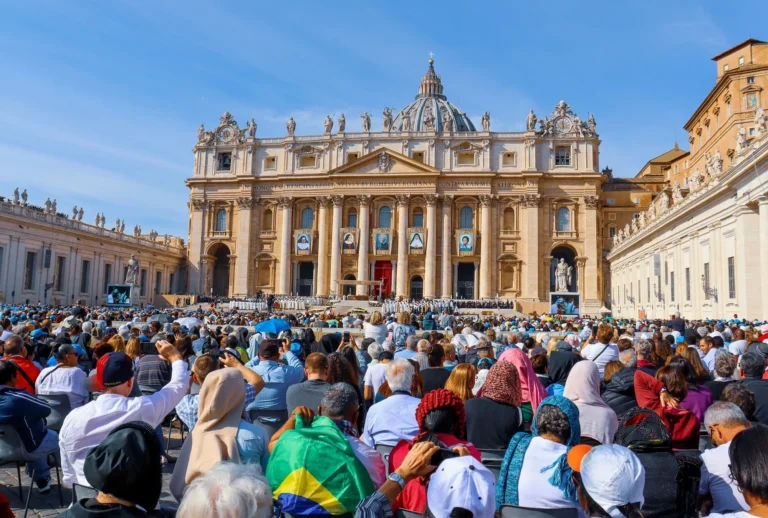Most often, people get confused about what they should call their spiritual leader. At the same time, some find difficulty in understanding the difference between pastor and reverend. If you also find that both these terms are the same and you can’t understand how to use both these terminologies, you don’t need to worry.
You can visit the platform Askanydifference to understand the difference between these terminologies. Even the most confusing terminologies and their differences are explained clearly on this platform.
Get ready to understand the difference between pastor and reverend so that you don’t make mistakes the next time you visit the church.
The most important point you need to know is that pastors and reverend are spiritual leaders or, say, they are religious titles. Both these titles describe a religious teacher. The pastor, as well as the reverend, can give Sunday sermons and give studies and lectures to kids and adults about Christianity and its rules.
But, there are differences between these two titles.
Who is a pastor?

A pastor is a religious head who is also defined as a minister or a priest who is in charge of a church. He may have the responsibility of giving spiritual care to the people who visit the church. The title of the pastor is derived from the word “shepherd.” This is like a metaphor found in the Holy Bible when God leads a flock of sheep, which he referred to as the followers of Christianity. The word pastor is also used similarly as it may mean that the pastor is shepherding his flocks in the church.
Catholics mostly use the word pastor, and it is used to describe a parish priest. The pastor is basically the head of the clergymen in a church. He is the priest-in-charge of the entire charge. This means he is responsible for the religious tasks that a priest performs in the church. He offers spiritual guidance to people in need. In terms of administration and jurisdiction, a Pastor is a person who is spiritual in nature. The jurisdiction of church, parish, congregation, and the community is with a Pastor. A pastor not having a Reverend title has a limited area of operation. For example, he may not have the permission to formalize the wedding or to direct the Eucharist.
Who is a reverend?
He refers to any person who is a member of the clergy. Thus, a Reverend refers to any person who has a title of respect. Reverend is mostly used as a title to show respect.
As a pastor is referred to as the head of the clergy, a Reverend is given a title to the member of the clergy. The title is synonymous with those given to defense personnel. Reverend is a title that describes that the person is respected in the community. Reverend can also be added as a prefix to a person’s name. The title also describes that one has mastery and exposure in different religious services related to the church. The clergy who has the title of a Reverend can solemnize many services as compared to clergy who doesn’t have the title. In terms of services and tasks, a person with a Reverend title can perform more services within a church. For example, a Reverend can perform functions like funeral, baptism, preaching, and wedding.
In addition to the difference in the literal meaning of both these terms, there are other differences between both these terms.
The prime difference between a pastor and a Reverend
Simple definitions of Pastor and Reverend:

- The pastor is the head of a church. Besides, when there’s a single priest in the church, he is considered a pastor too. But in big churches where there are several priests, the priest that is in charge is known as the pastor.
- Reverend, unlike any title that represents power in the church, it is an adjective that shows respect to clergy members.
Whom should you refer to as a pastor and a reverend?
- You can use the pastor for referring church’s head priest.
- You can use reverend for referring a minister or Christian clergy. Sometimes, you can use it to refer the pastor too.
Which religion consists of a pastor and a reverend?

You can see pastors only in the Christian religion, whereas the title reverend can be used to refer to the clergy’s members in other religions too.
Is there any relation with the church hierarchy?
The title pastor is used to represent a church hierarchy, whereas reverend does not represent any church hierarchy. Hence, you can use reverend to address any priest without issues.
What’s the difference in terms of function/occupation?

A pastor is considered to be a function or occupation, whereas the reverend is considered to be an honorable title.
Attribute:
A pastor doesn’t determine any title that’s been given to the head of the church, whereas a reverend specifies a title given to a priest of the Christian Church.
Origination:

The origination of the ‘Pastor’ word states back to the 14th century before the word reverend came to be known. On the other hand, the origination of the ‘Reverend’ word states back to the 15th century, after the word pastor came to be known.
Noun/Adjective:
The word pastor is a noun, whereas the other one is an adjective.
Person/Title:
The pastor basically mentions a Parish priest. On the other hand, the reverend mentions a title provided to a Parish priest.
Bottom-line:
Sometimes, we don’t even know that we are not using a word according to its actual meaning. The same goes for the word Pastor and Reverend. Since both these titles and positions are used in the religious sphere, it is normal for people to get confused. Additionally, you can see that both these terms are used to address the clergy, but the term pastor is specifically used for a specific type of priest. Now that you know the difference between these two words, you should use them correctly.










